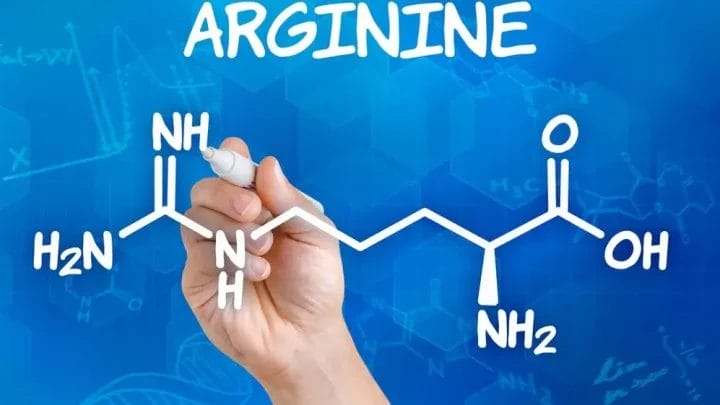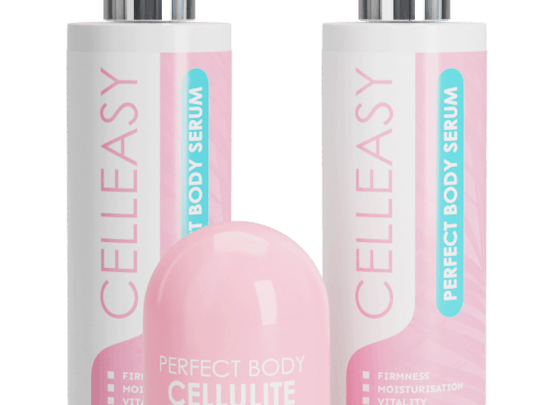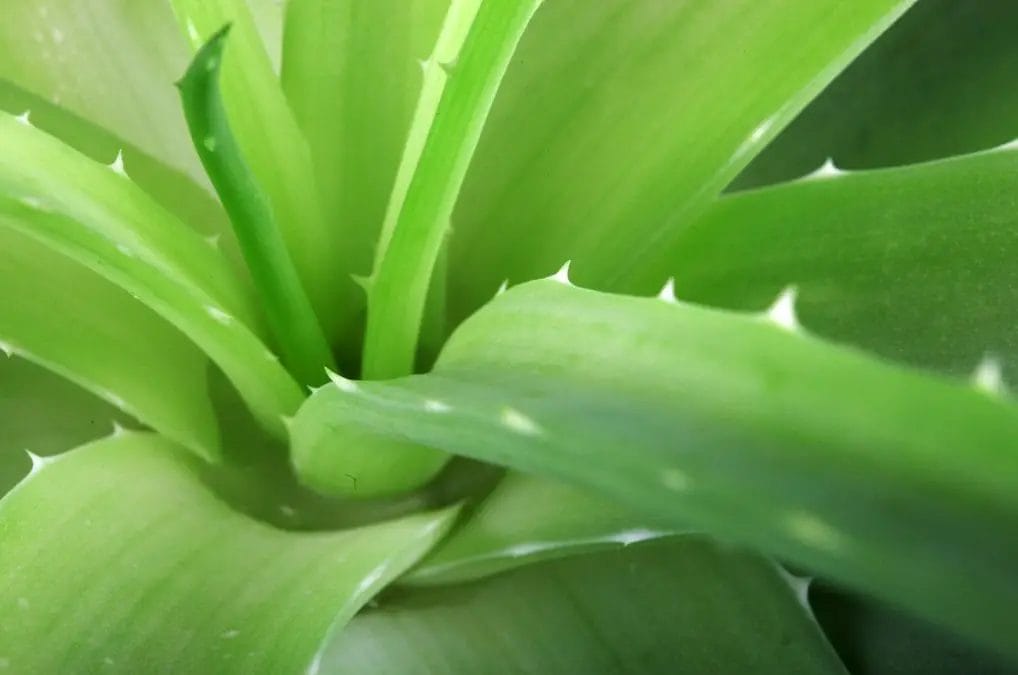
Aloe vera – wide medicinal properties worth trusting
One of the cornerstones of natural medicine, determining its effectiveness in supporting the treatment and prevention of many diseases, is the use of plants with proven and broad health properties. These are both herbs growing in our gardens and on meadows, and plants that came to Poland from exotic countries, but can be successfully grown even at home. In a pot, placed on the balcony or windowsill, aloe vera will grow perfectly, which will be great in relieving the symptoms of many ailments.
Contents
Aloe vera – known and appreciated for thousands of years
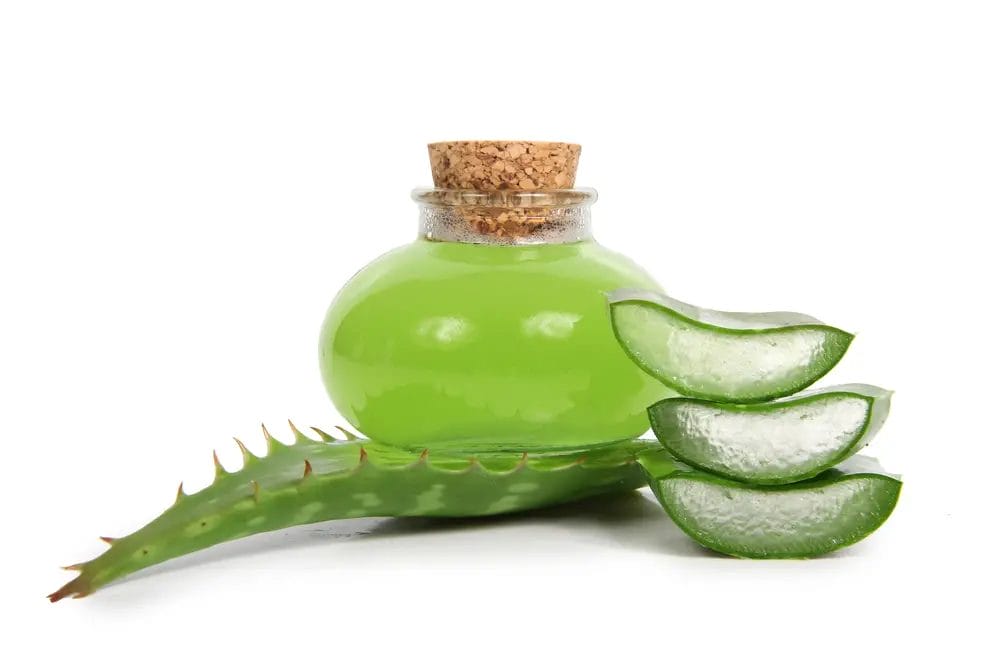
Aloe vera (Aloe vera) is a plant belonging to a large succulent family, whose medicinal properties have been known to mankind for thousands of years. There are over 300 varieties of aloe vera growing worldwide, mainly in the dry regions of Europe, Asia, Africa and both Americas. In the wild, an aloe bush can grow up to several metres high, while the varieties grown at home usually do not exceed 50-60 cm.
Its appearance cannot be confused with any other plant, and the most characteristic are the long, thick and fleshy leaves with thorns on the edges, consisting ofthree layers:
- the outer, sheathing layer, which protects against water evaporation;
- the middle layer, made up of large quantities of bitter-tasting juice;
- the inner, full of pulp with a thick, gel-like consistency.
Aloe vera – rich in nutrients
The most important part of aloe, used as an ingredient in many medical preparations and cosmetics, are the fleshy leaves, and more specifically the pulp. It is in it that nature has included a veritable wealth of valuable nutrients, extremely necessary for maintaining health, such as:
Vitamin A
The first one, essential for the proper functioning of the body, belonging to the fat-soluble vitamins, with different sources of occurrence, and the name of vitamin A usually refers to two substances:
- retinol, whose primary sources are products of animal origin, and we can find it in beef and poultry meat, sea fish, dairy products;
- beta-carotene, or provitamin A, which can be found mainly in plant products, vegetables and fruit.
Regardless of the source, also when supplemented with aloe vera, vitamin A has extremely important functions in the human body:
- it is responsible for proper vision, minimizing the risk of “chicken blindness”;
- accelerates regeneration of damaged cells
- strengthens weakened immunity;
- prevents the development of cancer;
- prevents infections thanks to its anti-inflammatory, anti-viral and anti-bacterial properties;
- takes care of the skin’s health, preventing its inflammatory conditions or the occurrence of acne ;
- strengthens hair, preventing its accelerated excessive loss.
Vitamin C
Also known as ascorbic acid, it is another substance contained in aloe vera which directly affects its health-promoting and cosmetic properties. Not without a reason, vitamin C is considered one of the most important for health, which is influenced by its beneficial effects on the human body:
- participation in the production of red blood cells;
- removal of free radicals, because it is a strong antioxidant;
- improvement of heart function and the entire circulatory system;
- increased synthesis of collagen, the material that makes up most tissues;
- inhibition and delay of natural skin aging processes;
- enhancing immunity;
- accelerating the healing of wounds and skin irritations, which is where the most famous use of aloe vera juice comes from;
- activating enzymes and facilitating iron absorption;
- strengthening weakened, decalcified bones and joint cartilage.
B vitamins
Another enabling the work of the most important organs and systems, participating in numerous processes occurring inside our body. The thick aloe vera leaves, full of pulp and juice, are not devoid of them either and we find the following B vitamins in them:
- Vitamin B4, choline, responsible for proper cell structure, regulating lipid metabolism, liver and heart function, minimizing the risk of cancer. It also has a beneficial effect on brain function, thus preventing the symptoms of dementia and the development of Alzheimera disease. It is also recommended for pregnant women, allowing them to avoid fetal malformations or pre-eclampsia;
- vitaminB9, folic acid, also necessary for pregnant women, sometimes called vitamin B11, whose function is to eliminate the negative effects of stress, regulate cell growth, participate in the production of red blood cells and nucleic acids, protect against cancer, prevent flaccid skin and the formation of wrinkles, regulate the nervous system
- vitamin B12, cobalamin, which must also be provided in the recommended daily dose, because it prevents degeneration of the optic nerve and macular degeneration, relieves digestive disorders, soothes irritated scalp. Cobalamin deficiency interferes with the work of the nervous system, causing impaired concentration, one should also take into account the intensification of stress symptoms, irritability, mood changes and weakened libido.
Vitamin E
Not without a reason, it is commonly called The “vitamin of youth”. and thanks to it, among other things, aloe vera gel has found its way into cosmetics intended for everyday skin care, especially for sensitive skin prone to redness and irritation. It is another fat-soluble vitamin, and its most important health properties are:
- Elimination of free radicals from the body, protection against oxidative stress;
- Helps to maintain proper blood clotting;
- counteracts life-threatening clots by reducing aggregation, i.e. the phenomenon of platelets sticking together;
- regulation of the level of the LDL fraction of cholesterol in blood, an important element in the prevention of cardiovascular disease;
- delaying skin aging, smoothing it thanks to anti-wrinkle effect and deep moisturizing;
- protection of the skin against the harmful effects of UV radiation;
- Increased muscular endurance, which will be appreciated by people who are physically active;
- Improved ovulation in women, support of fetal development;
- support infertility treatment in men, higher potency.
Minerals
Almost as important for maintaining health as vitamins, and the use of aloe vera can provide us with minerals, among which worth mentioning are:
- chromium, whose task is, among other things, to regulate the level of “bad” cholesterol and blood glucose, participation in the formation of vitamins, lowering BMI, so it should be used by overweight and obese people;
- calcium, responsible for proper mineralization, stiffness and density of bones, protects against osteoporosis, participates also in metabolic processes, alleviates allergy symptoms thanks to anti-inflammatory properties and reduces nasal exudates;
- magnesium, called the “element of life”, regulates thyroid function and digestion, minimizing the risk of developing many dangerous diseases, including hypertension, arrhythmia, asthma, and kidney stones. It also strengthens the immune system, improves memory and concentration;
- zinc, an active component of several enzymes, involved in the metabolism of carbohydrates and fats, anti-fungal and anti-inflammatory activity, supporting the work of internal organs, preventing dementia. It alleviates osteoarticular pains, regulates menstrual cycles, protects against prostate hypertrophy, strengthens weakened hair and nails, neutralizes the negative effects of skin diseases causing baldness and acne ;
- potassium, which allows to maintain normal blood pressure, regulates the amount of insulin secretion, water economy and acid-base balance, prevents painful muscle cramps, determines the correct burning of fats, is responsible for oxygenation of the brain.
Other ingredients
However, aloe vera is not only vitamins and minerals, but also other ingredients, many equally important for our health:
- plant steroids, the next substances with a soothing effect on inflammation developing in the body, such as cholesterol, lupelol, β-sisosterol, campesterol, which have anti-inflammatory and disinfectant properties;
- sugars, mainly simplesugars, also called monosaccharides or monosaccharides, glucose and fructose, large amounts of which are not recommended. Fortunately, aloe vera gel also contains complex sugars, or polysaccharides, such as glukomannan;
- hormones, which are especially beneficial for the skin, accelerating its healing and regeneration;
- enzymes, of which there are as many as eight in aloe vera, with a wide range of activities, including speeding up fat metabolism ;
- hormones which further intensify the processes of alleviating inflammatory conditions;
- as many as 22 amino acids, some of which are essential for human life.
Aloe vera – the most important medicinal uses
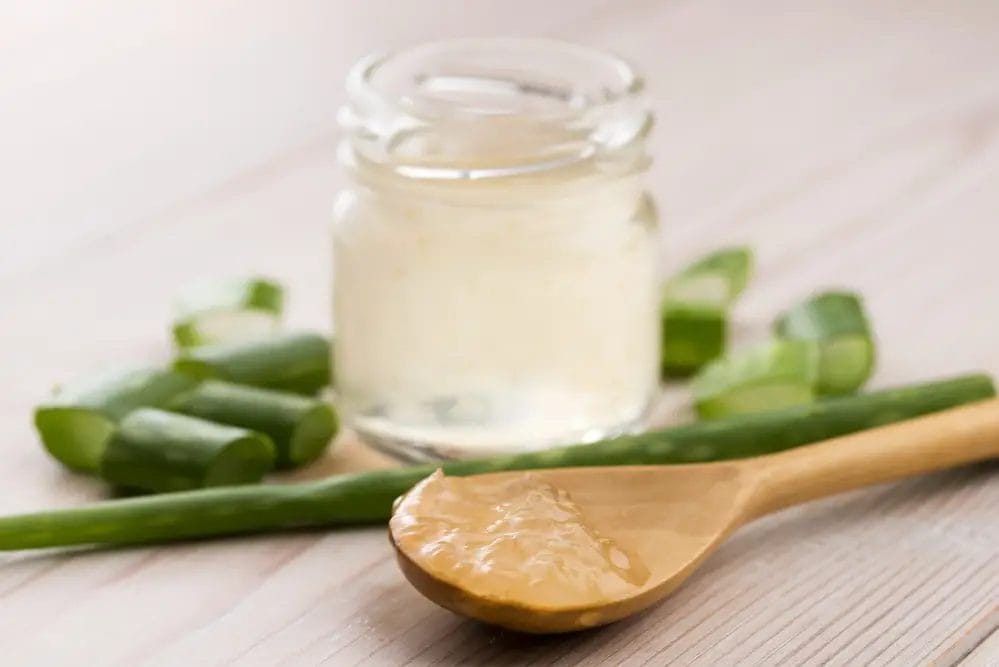
Aloe juice, extracted mainly from the pulp of the plant, being able to boast of such a rich composition, is used to alleviate the symptoms and prevent many ailments. It is therefore worth introducing preparations containing it to your diet, and the most important benefits that you will gain thanks to this are
Strengthening immunity
Our natural immune barrier, protection against inflammation, seasonal infections and more serious diseases. The importance of proper immunity has even increased now during the COVID – 19 pandemic, so let’s take care of it with the power of the ingredients in aloe vera juice, vitamins and minerals.
Regulation of sugar and cholesterol levels
Absolutely essential as part of the prevention against diabetes, a disease that affects millions of people around the world. Aloe has a beneficial effect on the pancreas, increasing the production of insulin, so that patients can avoid rapid fluctuations in glucose levels, often ending in serious health consequences. It is also worth knowing that aloe juice acts as if selectively, lowering sugar levels only in people with diabetes.
Our health will also be favoured by a lower, safe level of “bad” cholesterol, LDL fraction, which in excess leads to heart and circulatory system diseases, mainly atherosclerosis clogging blood vessels.
Help in weight reduction
Overweight and obesity are two social diseases inseparably connected with improper diet, lack of physical activity and sedentary lifestyle. Taking aloe vera supplements or drinking its juice is a salvation for the digestive system, accelerates metabolism, burns excess fat more efficiently. We will also stop complaining about typical digestive problems, flatulence, stomach aches and constipation, and the digestive system will be thoroughly cleaned of toxins.
Healthy, well-moisturised skin and strong hair
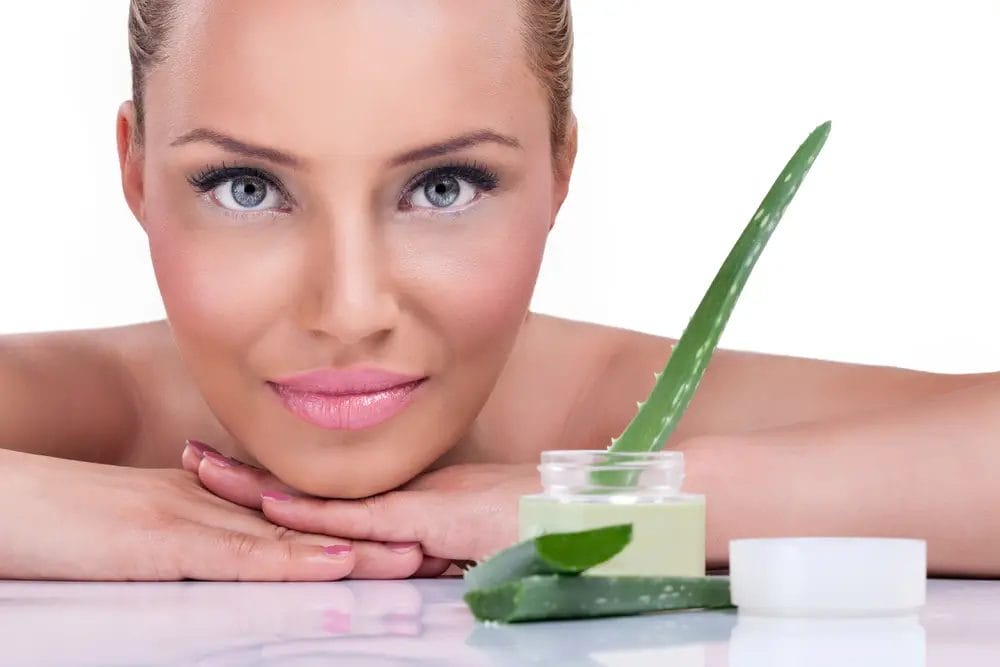
Aloe vera, as an additive to cosmetics, body gels or lotions, is used to moisturize dry skin and restore its normal, natural pH. Its properties accelerate the healing of wounds, ulcers, burns and irritations. The skin becomes smooth, perfectly moisturized and nourished, also visible wrinkles and discolorations are smoothed out. Additionally, it is protected against one of the most dangerous carcinogens, UV radiation and effects of excessive sunbathing, as it is also effective against sunburns.
Preparations with aloe should be used by people with skin prone to acne, which helps to remove it without leaving disfiguring scars. Let’s not forget about its beneficial effect on hair growth, alleviation of skin inflammation ensures proper functioning of hair follicles and hair bulbs.
Aloe vera – contraindications to its use and possible side effects
As with most medicinal plants, also in the case of aloe vera, there are contraindications to its use, primarily concerning
- pregnant and breast-feeding women;
- People with severe diseases of the digestive system, e.g. intestines, kidney and heart diseases and diabetes;
- people suffering from hemorrhoids, or varicose veins of the anus;
- children under 12 years of age.
Aloe vera may also interact with some medications, especially laxatives, when it potentiates their effects, and those that lower sugar levels. Its other most common side effects are:
- lowering of potassium levels;
- the appearance of blood in the urine;
- a feeling of muscle weakness;
- nausea;
- diarrhea accompanied by severe abdominal pain;
- electrolyte disturbances;
- kidney dysfunction.
Sources:
- https://www.healthline.com/health/how-to-use-aloe-vera-plant#harvesting-the-plant
- https://www.healthline.com/nutrition/vitamin-a-benefits
- https://www.healthline.com/nutrition/what-is-choline
- https://www.healthline.com/nutrition/folic-acid
- https://www.healthline.com/nutrition/vitamin-b12-benefits
- https://www.healthline.com/nutrition/vitamin-c-benefits
- https://www.healthline.com/health/all-about-vitamin-e


